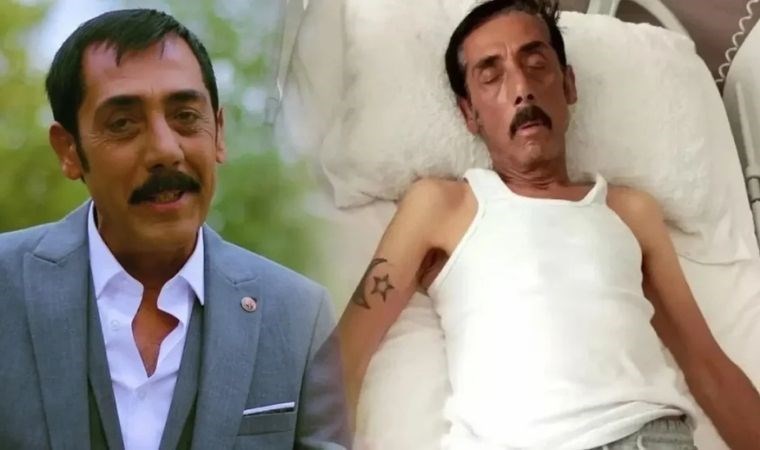Putin’s Russia, the mullahs’ Iran and ... (25.12.2016)
Putin’s Russia, the mullahs’ Iran and ...

I am all but certain that it took you no time to complete the half-finished sentence in the title: And Erdoğan’s Turkey. Remember how a mere four days ago the foreign ministers of the three countries, Russia, Iran and Turkey, came together in Moscow and appended their signatures beneath the agreement known as the ‘Moscow Declaration’. Plenty of penmanship has gone into including wording in the Moscow Declaration that grants legitimacy to the Baath regime in Syria and recognises Bashar Assad as head of state. This all serves to stress that the AKP’s Syria policy has now been consigned to the waste bin, even if it was hobbling from the outset, and it has been forced to accede to the line that Russia has imposed.
These assessments are true. But, the meaning and significance of the Moscow Declaration goes well beyond being an agreement that determines the three countries’ orientation towards the future of Syria. All the more so for Turkey. It is known that the definer and sole arbiter of all the AKP’s basic policies, Tayyip Erdoğan, has long since been endeavouring to join the cooperation pact known as the Shanghai Five. In view of these endeavours by Erdoğan that have assumed obsessive proportions, it does not make much sense to inquire and discuss, ‘Is the Shanghai Five an alternative to NATO?’ or ‘Is the Shanghai Five Erdoğan’s preference over the EU?’ This calls for discussion that delves far deeper into state policy. Turkey, for 190 years, followed a Western-oriented state policy (and one that was thus oriented away from the East).
This state posture that had its inception under Sultan Mahmut II continued unbroken through the remainder of the Ottoman period and over the Republican period.
Right until the fellow named Tayyip Erdoğan came to power and set about making state policy fall in line with political Islam. The Moscow Declaration itself constitutes an important and concrete step in this reorientation. Were we to resort to a crude simile, we could say that Turkey is abandoning its foreign policy line of 190 years’ standing and is turning its face towards the East and its back towards the West. What is there in the West to trouble Erdoğan, to arouse his opposition to the extent that it provokes back turning? It is surely not NATO, it is surely not the undiluted capitalism of the ‘free market economy’ so firmly embraced by the USA and the EU. What then?
Democracy, basic rights and freedoms, laicism and secularisation of the state. These are the EU’s underlying, unwavering principles. And Tayyip Erdoğan’s nightmares. Indeed, an EU-member Turkey would be a real nightmare for Erdoğan and his cronies. For somebody who has set about combining Islam with Turkish nationalism, what else is the EU’s terminal goal but a nightmare? Let us not forget that the EU is a project to transfer the European nation states’ sovereignty rights to a superordinate political formation, the European Union.
The single currency, single passport, the Maastricht and Copenhagen criteria that are binding on all members and the ever-widening powers vested in institutions like the European Parliament are areas and steps in which this sovereignty revolution finds concrete expression. Rather than join such a union, does it not befit Erdoğan and his party much better to walk hand in hand with regimes like Putin’s oligarchy in Russia and the Iranian mullahs’ exceptional authoritarianism that recognises no values apart from their own? This subject pushes the bounds of a newspaper column to its limits. I have actually run out of space. That is all for today. Maybe I will pick up from where I left off in other Claw Marks.
AYDIN ENGİN

En Çok Okunan Haberler
-
 Colani'den İsrail hakkında ilk açıklama
Colani'den İsrail hakkında ilk açıklama
-
 Emekliye iyi haber yok!
Emekliye iyi haber yok!
-
 Devrim Muhafızları'ndan Suriye çıkışı
Devrim Muhafızları'ndan Suriye çıkışı
-
 Adnan Kale'nin ölümüne ilişkin peş peşe açıklamalar!
Adnan Kale'nin ölümüne ilişkin peş peşe açıklamalar!
-
 İngiliz gazetesinden Esad iddiası
İngiliz gazetesinden Esad iddiası
-
 'Seküler müdür kalmadı'
'Seküler müdür kalmadı'
-
 'Kayyuma değil, halka bütçe'
'Kayyuma değil, halka bütçe'
-
 Üniversite öğrencisi, trafikte öldürüldü
Üniversite öğrencisi, trafikte öldürüldü
-
 Ankaralı Turgut hayatını kaybetti!
Ankaralı Turgut hayatını kaybetti!
-
 İkinci elde 'Suriyeli' hareketliliği
İkinci elde 'Suriyeli' hareketliliği